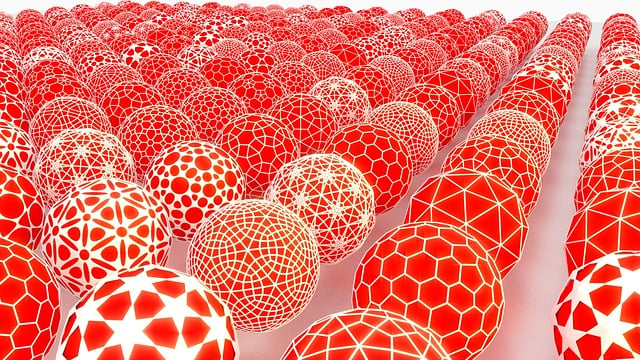Muscle soreness (DOMS) after exercise is caused by micro-tears in muscle fibers, peaking 24–48 hours later. While moderate soreness is normal, chronic training without recovery can lead to prolonged discomfort. Kratom, derived from Mitragyna speciosa, has shown potential for pain relief and increasing dopamine levels through its unique chemical composition, making it a promising natural aid for post-workout recovery. However, more research is needed to fully understand its impact on dopamine and exercise recovery, with individual responses varying; consulting healthcare professionals before use is advisable. A holistic approach combining stretching, cardio, resistance training, and natural remedies like kratom is crucial for optimal muscle recovery and overall physical wellness.
Are you tired of feeling achy after intense workouts? Discover the power of customized workout plans tailored for muscle soreness relief. This comprehensive guide explores the science behind muscle fatigue and its causes, with a special focus on how kratom supplements may boost dopamine levels to enhance recovery. Learn about crafting personalized routines to optimize your post-workout experience and enjoy faster, more effective pain management. Uncover natural solutions for a stronger, happier you!
- Understanding Muscle Soreness and Its Causes
- Exploring Kratom's Effect on Dopamine and Workout Recovery
- Crafting Personalized Workout Routines for Efficient Relief
Understanding Muscle Soreness and Its Causes

Muscle soreness is a common issue experienced by individuals after intense physical activity, and it can range from mild discomfort to debilitating pain. Understanding the underlying causes is essential for developing effective strategies to alleviate this sensation. When muscles are subjected to strenuous exercise or unfamiliar movements, tiny tears form in the fiber structures, leading to inflammation and subsequent soreness. This process, known as delayed-onset muscle soreness (DOMS), typically peaks 24–48 hours after exercise and can last up to a week if left untreated.
While moderate muscle soreness is a normal response to physical exertion, chronic or excessive training without proper recovery periods can lead to prolonged discomfort. Interestingly, some natural compounds like kratom have been studied for their potential effects on pain relief and dopamine regulation. Research suggests that kratom’s unique chemical composition might contribute to its ability to provide comfort, though further studies are needed to explore its role in muscle soreness relief, especially in comparison to traditional methods.
Exploring Kratom's Effect on Dopamine and Workout Recovery

Kratom, a natural herb derived from the plant Mitragyna speciosa, has gained attention for its potential benefits in managing muscle soreness and promoting recovery after workouts. One of the key mechanisms suggested is its effect on dopamine levels. Research indicates that kratom can interact with opioid receptors in the brain, leading to an increase in dopamine release. Dopamine plays a significant role in regulating mood, motivation, and pain perception. By enhancing dopamine activity, kratom may contribute to improved workout recovery by reducing perceived muscle soreness and increasing feelings of well-being.
This effect could be particularly beneficial for athletes and fitness enthusiasts looking for natural ways to aid their post-workout recovery. However, it’s essential to note that while some studies suggest a positive impact, more research is needed to fully understand the scope of kratom’s effects on dopamine and exercise recovery. As with any supplement, individual responses may vary, and consulting with healthcare professionals before incorporating kratom into workout routines is advisable.
Crafting Personalized Workout Routines for Efficient Relief

Crafting personalized workout routines is key to efficiently alleviating muscle soreness, especially considering natural remedies like Kratom’s potential effects on dopamine levels. Each individual’s body responds uniquely to exercise, making one-size-fits-all approaches less effective for muscle recovery. By tailoring workout plans based on factors like fitness level, previous injuries, and specific areas of tension, you can optimize relief without risking further strain.
Kratom, a natural herb known for its analgesic properties, has been linked to increased dopamine levels in the brain, potentially enhancing feelings of well-being and relaxation after exercise. However, it’s crucial to incorporate a variety of exercises – including stretching, cardio, and resistance training – into your personalized routine to achieve holistic muscle soreness relief. This approach ensures that different muscle groups are engaged and rejuvenated, contributing to overall physical wellness.
In conclusion, understanding muscle soreness and its causes is key to crafting effective recovery strategies. Kratom’s potential to boost dopamine levels offers a promising natural approach for accelerating workout recovery. By combining this knowledge with personalized workout routines tailored to individual needs, folks can achieve efficient relief from post-exercise muscle aches. Remember that, in terms of optimizing fitness and overall well-being, navigating these strategies can make all the difference.














